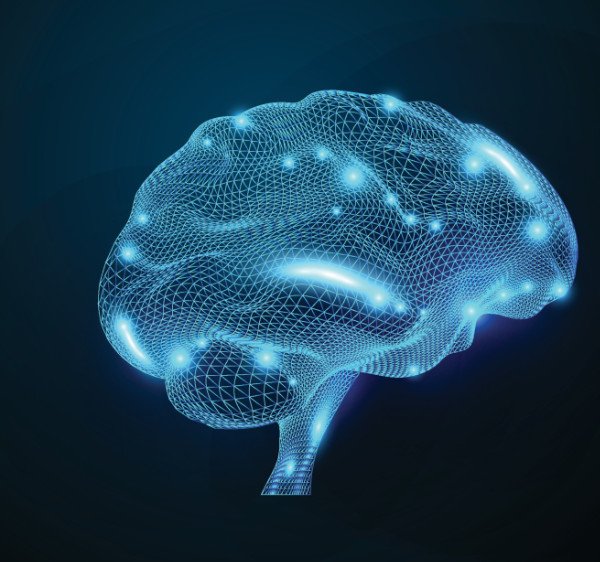About hypnosis and its purpose and use in mental health and coaching

You use hypnosis not as a cure but as a means of establishing a favorable climate in which to learn.
Milton H. Erickson, 1901-1980- Father of modern clinical hypnosis
What is hypnosis and what is a hypnotic state?

The word “hypnosis” has its origins in Ancient Greece. The Greek god Hypnos was the personification of sleep. Many people have exactly this idea about hypnosis: a subject is thought to be placed in a sleeping state by a hypnotist who then proceeds to give the subject a set of instructions which the subject whose conscious mind is asleep cannot resist obeying. Such preconceptions of hypnosis are reinforced by film and television, books and stage hypnotism.
Whilst people who are in a deep hypnotic trance certainly look as if they are asleep, hypnosis is not sleep even if it might share some important characteristics with it. Furthermore research into hypnosis has consistently demonstrated that people will only follow those hypnotic suggestions that are not in contradiction with their fundamental interests or value systems.
Hypnotic trance is actually a natural state and one in which we find ourselves every day. It occurs when we perform activities which we know well, such as driving a car. Then we are in a light state of hypnosis characterised by a feeling of control, increased attention and ability to concentrate. It occurs in moments when we are so absorbed (focussed) in our thoughts that we do not notice what is happening around us. Then we call it things like, “being on autopilot”, “lost in thought”, reverie, daydreaming or even remembering.
The difference between what we refer to as (the process of) hypnosis and these spontaneously occurring (hypnotic) trance states is the conscious setting of a goal in advance of going into the hypnotic state. (Self-) hypnosis starts with having a specific goal such as achieving a mental or physical state (e.g. to relax, to switch off, to gain relief from pain) or finding a solution for a problem. Mental suggestions and images (e.g. imagining an inner place of serenity) are then used during the hypnosis to reach this goal. Under hypnosis such images and suggestions have a much more potent effect than under normal conditions. Often when we try and solve problems with logic and rationality we counter new ideas and imagined proposals for solutions with scepticism and criticism. Under hypnosis however the critical voice of the conscious mind is suspended and suggestions and images can make their way unencumbered into the subconscious mind.
What happens to the mind and body “under hypnosis”?
The brain has four different brain wave states: alpha, beta, delta and theta. Currently whilst you are reading this webpage your brain will most probably be in a beta state. This state is the usual state our brain is in when we are awake and alert. The alpha state is a state characterised by relaxation. In this state we can enhanced access to capabilities such as creativity and visualisation. An even deeper level of relaxation is reached with the theta state along with heightened access to memories. When we fall asleep and just before we wake up our brain passes through the theta state. The delta state occurs whilst we are actually sleeping. Our bodies use this state to heal. Hypnosis (in varying depth) and meditation can occur in alpha, theta and delta states whereby the theta state is the most commonly occurring state during such activities.
Some parts of the mind and functions of the body are not accessible through conscious effort but can be accessed through hypnosis. For example, it is not possible to increase one’s own heart frequency by 10% or to raise one’s hand temperature one or two degrees by an act of conscious effort. Under hypnosis though such changes which require biochemical, physiological and emotional processes are indeed possible.
Hypnosis relieves tension on mental and physical levels and induces deep relaxation. The vegetative nervous system powers down resulting in a deeper, more even and calmer respiration, muscle tone decreased and the pulse rate, heart frequency and the metabolism all slow down. These changes promote biological healing processes and free up mental energies for use in creative processes. The hold on the mind of logic, rationality, criticism and scepticism is suspended and with these constraints removed the mind is free to make use of constructive ideas and positive suggestions. In the absence of self-deprecation ego-strengthening (e.g. building self-esteem and self-worth) is possible.
What steps are there to the process of hypnosis?
A hypnosis process as I practice it can be broadly described as follows:
- Goal-setting, i.e. what should the hypnosis be used for, e.g. pain-relief, relaxation
- Induction, e.g. conscious relaxation of the body and imaginative techniques to enhance the relaxation
- Imaginative techniques based on metaphors or stories to stimulate creativity with regard to the goal, e.g. a journey to a an inner serene/safe place, place where healing can occur
- Suggestions related to the goal, e.g. “the next time you see your boss you will remember this experience of feeling strong”
- Exduction, i.e. controlled exit from the trance, reorientation in the here and now

What topics and problems can hypnosis be used for?
Hypnosis can be an used as a means of establishing a favorable climate in which clients can learn to deal with a variety of topics:

To make contact with inner resources and parts of the mind responsible for creativity, hopes, desires, self-worth and self-belief and to strengthen these parts
Is hypnosis suitable for me?
Research into hypnotic phenomena and hypnotherapy has shown that everyone can develop a hypnotic trance to a certain degree even if the depth and phenomena that each person can experience will is different.
Hypnosis is therefore suitable for anyone who is committed to change within psychotherapy or coaching and who is prepared to immerse themselves in a dynamic and mentally creative process. That having been said, hypnosis can also help people to start to get in touch with and learn to develop their creativity.
The only requirement for treatment is openness, curiosity and an interest in experiencing hypnosis.

Get in touch
Kevin J. Hall, MSc
Psychotherapist (systemic family therapy), cert. emotionally focused therapist (ICEEFT), ACC/IOBC Senior Coach, Hypnotherapist (ISH)
Kontakt Details
+43 1 9900858
kevin.hall@wish.wien
Address
WISH Mindscience, Straßgschwandtnerstraße 4/1, 1140 Vienna, Austria

